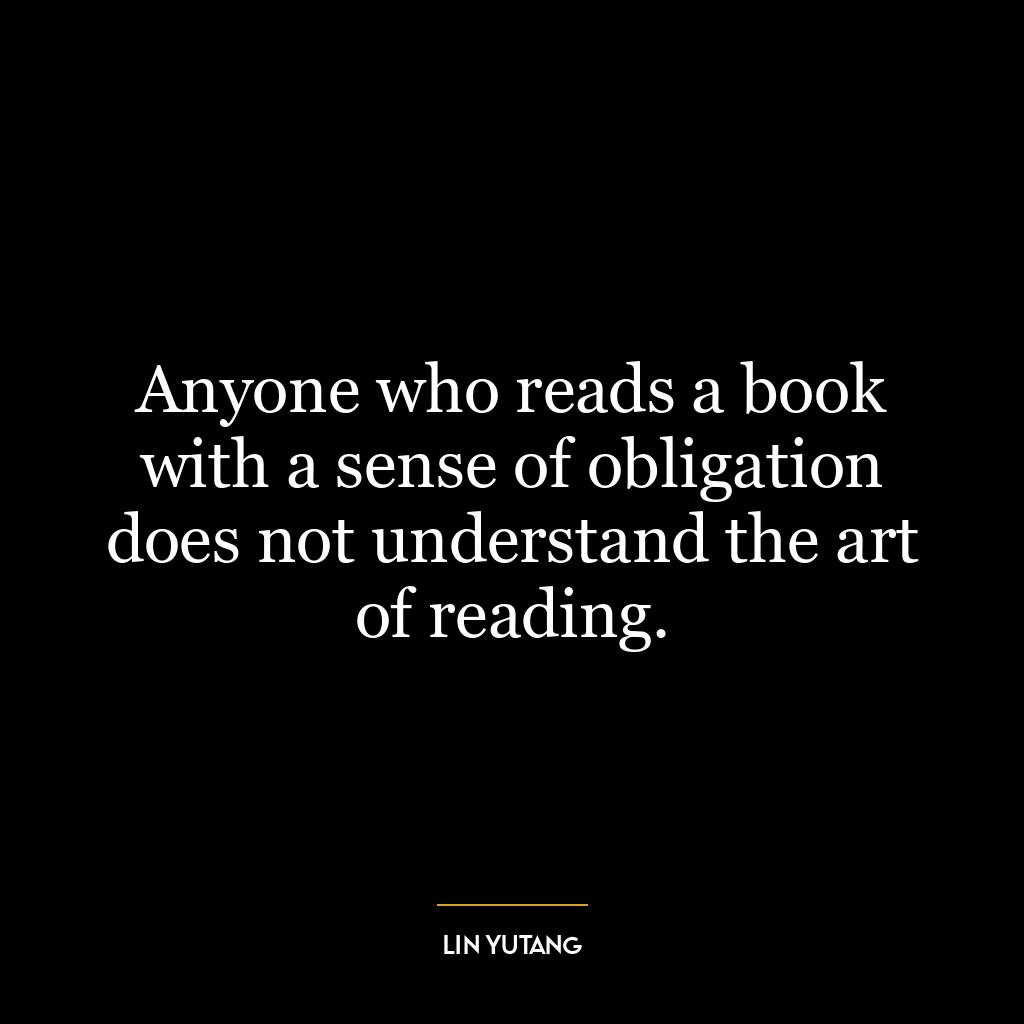The quote suggests that instead of trying to justify things or actions, we should strive to understand their essence in a simple and clear manner. The idea is that justifications can often cloud our understanding of the true nature of things, as they are often influenced by personal biases or societal norms. On the other hand, sensing the nature of things allows us to perceive them as they are, without any preconceived notions or biases.
In the context of personal development, this quote can be interpreted as a call for self-awareness and introspection. Often, we try to justify our actions or decisions based on societal norms, expectations, or personal biases. However, such justifications can prevent us from understanding our true motivations and desires. By simply sensing the nature of our actions or decisions, we can gain a clearer understanding of ourselves and our motivations, which can lead to personal growth and self-improvement.
In today’s world, this concept can be applied in various fields such as politics, science, and social issues. For example, in politics, instead of justifying policies based on party lines, politicians could strive to understand the true nature of the issues at hand. Similarly, in science, researchers can avoid justifying theories based on established norms and instead strive to understand the nature of the phenomena they are studying. In social issues, instead of justifying actions based on societal norms, we can strive to understand the nature of the issues, leading to more empathetic and effective solutions.












